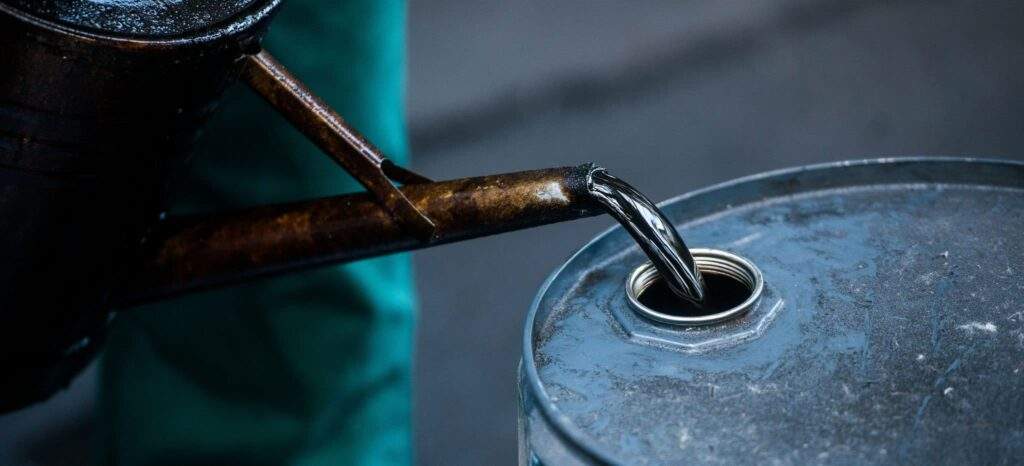The Nigerian federal government is taking proactive measures to combat pipeline vandalism and crude oil theft by implementing a new transportation strategy. In a recent document released by the Nigerian Upstream Petroleum Regulatory Commission, titled “Stability in the Nigerian Energy Sector: Integrated Strategies for Infrastructure, Transportation, and Security,” it was revealed that the government plans to utilize trucks and barges for the transportation of crude oil.
The decision to adopt this alternative transportation method comes as a response to the increasing incidents of pipeline disruption and outages, which have resulted in significant production deferment, revenue losses, and environmental consequences. Criminal syndicates have been targeting oil and gas installations to siphon off crude oil for illegal sale, leading to detrimental effects on the country’s economy and global competitiveness.
To address these challenges, the Nigerian government, in collaboration with the upstream industry, is ramping up surveillance and security measures to protect oil and gas infrastructure. By deploying security forces and increasing monitoring efforts, the aim is to deter criminal activities and safeguard the country’s valuable resources.
The implementation of Alternative Crude Oil Evacuation Systems, which involves the use of trucks and barges for transporting crude oil from production sites to storage points and export terminals, is seen as a viable solution to mitigate the risks associated with pipeline vandalism. This strategic shift in transportation methods is expected to reduce production losses, minimize revenue leakage, and enhance the overall security of the energy sector.
According to a report by the Nigeria Extractive Industries Transparency Initiative, the country has suffered significant losses amounting to N4.3 trillion due to crude oil theft through pipeline vandalism. With over 7,000 reported cases of theft in the past five years, the need for effective countermeasures has become imperative to safeguard Nigeria’s energy resources and economic stability.
By embracing innovative solutions and proactive strategies, the Nigerian government is demonstrating its commitment to ensuring the sustainability and security of the energy sector. The adoption of trucks and barges for crude oil transportation signifies a step towards resilience and efficiency in the face of evolving challenges. As the country continues to navigate the complexities of the energy landscape, these integrated efforts aim to fortify Nigeria’s position as a key player in the global energy market.









